EY holiday survey: UK festive shopping starts early but cost-of-living crisis continues to loom large
UK consumers are starting their holiday shopping earlier this year, driven by a desire to spread out their spending and find the best value gifts. However, the cost-of-living crisis continues to have an impact on spending over the festive season, with many shoppers worried about how they will finance their holiday purchases, according to EY research.
Its survey, which polled 1,000 UK consumers, revealed that while 64% of UK consumers enjoy sales events like Black Friday and Boxing Day, an equal percentage will only buy on sale to stay within budget. 73% are sceptical about the real value of festive season discounts with 55% of consumers willing to pay full price for important gifts rather than wait for sales.
Festive promotions started earlier this year, with many retailers stocking Christmas goods alongside Halloween products. This prompted early Christmas shopping trips, with 46% beginning their festive shopping before November. However, there is a growing focus on affordability, with 53% concerned about affording the holiday season.
To manage costs, 45% plan to use credit, and 40% intend to utilise buy now, pay later options. Price is the most critical factor for 48% of consumers when choosing which retailer to shop with, overshadowing other factors such as quality, availability, and promotions.
Silvia Rindone, EY UK&I Retail Lead, says: “Consumers are clearly adapting to the current economic climate by starting their holiday shopping earlier to pick off early bargains, and being more strategic with their spending. While the cost-of-living crisis remains a significant concern, it’s encouraging that shoppers are finding ways to manage their budgets and still prioritise meaningful gifts for their loved ones.”
“Retailers have an important role to play in supporting consumers through this period by offering flexible payment options and must clearly communicate their value proposition to shoppers, attracting price-sensitive customers with great prices, and clear articulate of the value for the premium parts of their range.”
“When it comes to sales, they need to carefully consider the timing and depth of promotions, and whether these are truly the best options for their customers.”
Stores remain key to festive shopping, with 70% of consumers planning to make purchases in physical locations, which serve as the primary source of ideas and inspiration and allow customers to experience products before purchase.
However, the majority of UK consumers will also be shopping on online channels, with 70% planning to shop with online only retailers, 52% with omnichannel retailers, 45% with marketplaces, and 33% with brands online.
Social shopping is becoming increasingly important, with 20% of consumers expecting to purchase from shoppable social content, rising to a third (33%) of Gen Z, who use social media for inspiration and rely on influencer and peer reviews.
Shorter delivery propositions are also key, with 22% preferring same-day delivery and 37% next-day delivery, while only 30% prefer to use the retailer's default delivery day.
Additionally, 53% of consumers will find another item to buy to meet the minimum purchase amount for free shipping.
Rindone says: “To succeed, retailers must have a presence everywhere - standout stores or pop-ups, and a strong proposition across all digital channels, including social media, to drive both online conversions and in-store traffic. This broad approach adds complexity, as retailers must also tailor their messages to meet individual consumer needs on the channels that matter most to them.”
“The next few months are a critical time for many retailers. As their labour costs will increase next year, they need to make sure they drive margin in this Golden Quarter so that investments can be made in their proposition.”
“Shoppers are willing to spend if the price is right, and the proposition is strong, so continuing to run as efficiently as possible while steadily improving the experience for customers is key. Much like the last few years, the market is getting tougher, and only those able to continually evolve will thrive.”
In a ray of light for electronics retailers, consumers appear to be returning to high value categories such as tech and electronics, with 29% planning to spend more on the category as they replace equipment bought during the pandemic. Spending is also increasing on big ticket items, with 31% expecting to spend more on experiences like dining out, travel, concerts and spa breaks
Younger consumers (18 – 27 year-olds) are expected to spend more this festive season, with over a third of Gen-Z consumers planning to increase their spending, particularly on food and beverages.
Meanwhile, 27% of consumers expect to spend less on home and kitchen products. Half of UK consumers plan to wait for sales on clothing, accessories, and tech and electronics. To stretch their budgets further, 82% plan to minimise food waste, 64% will buy fewer decorations, and 52% plan to reduce lighting to save electricity.
Additionally, consumers are continuing to make more conscious choices with 45% planning to buy more second-hand gifts, rising to 60% of Gen Z, and almost half intend to buy more local products and from sustainable brands.
2024 RTIH INNOVATION AWARDS
Omnichannel retail is a key focus area for the sixth edition of the RTIH Innovation Awards, which are now closed for entries.
The awards, sponsored by Vista Technology Support, Scala, CADS, 3D Cloud, Brightpearl by Sage’s Lightning 50, Business France, and Retail Technology Show 2025, celebrate global tech innovation in a fast moving omnichannel world.
Key 2024 dates
Friday, 25th October: Award entry deadline
Tuesday, 29th October: 2024 shortlist revealed
30th October-6th November: Judging days
Thursday, 21st November: Winners announced at the 2024 RTIH Innovation Awards ceremony, to be held at RIBA’s 66 Portland Place HQ in Central London.













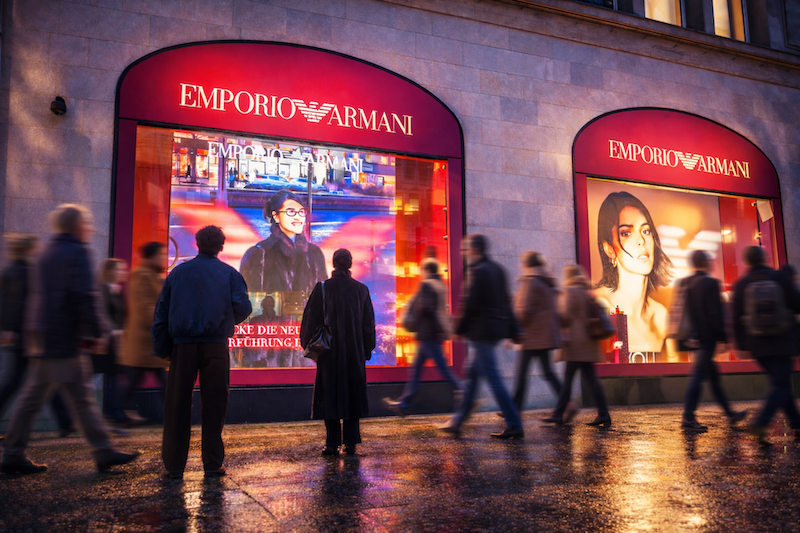


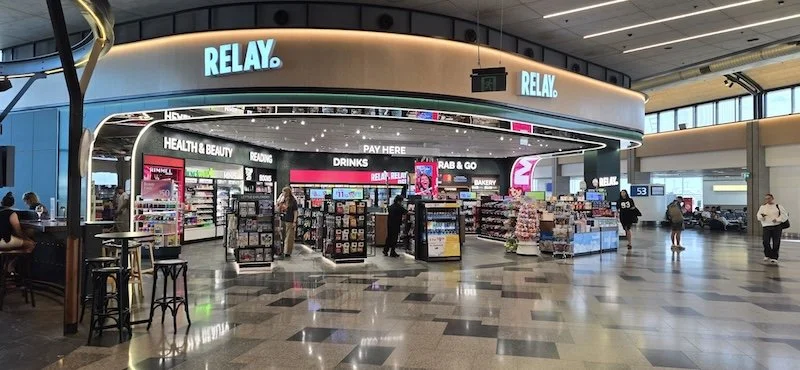

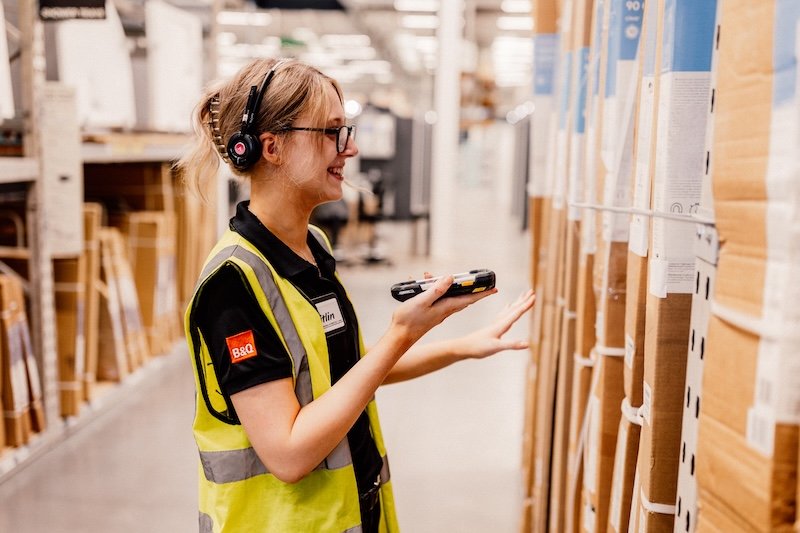

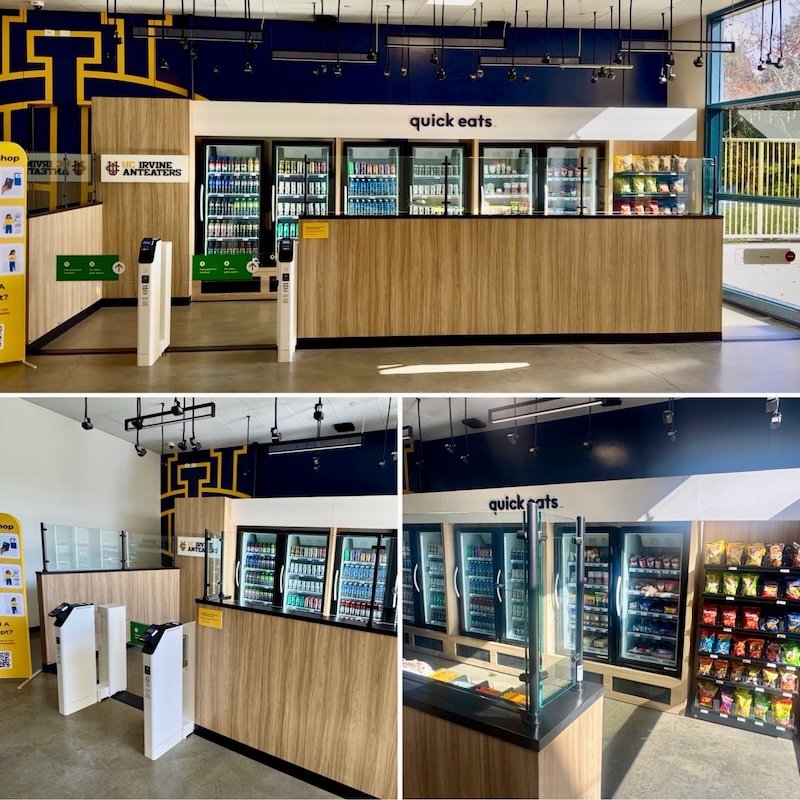






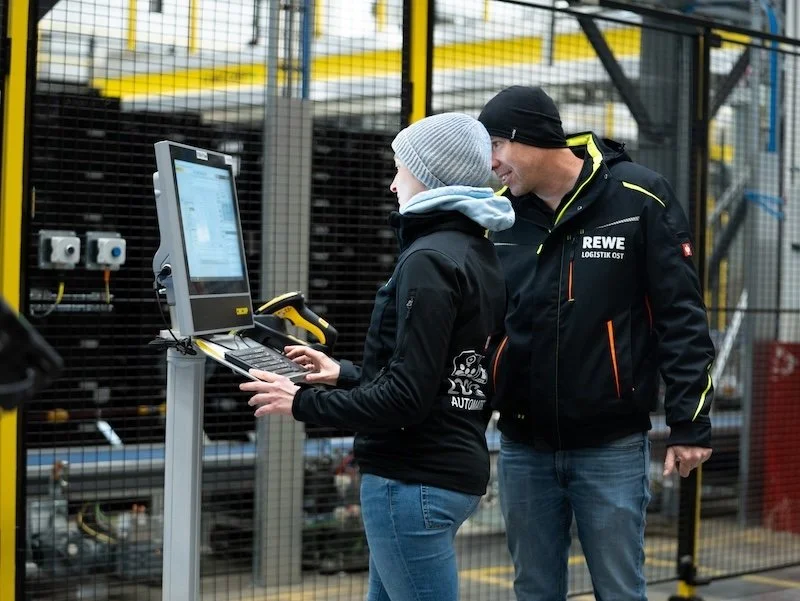
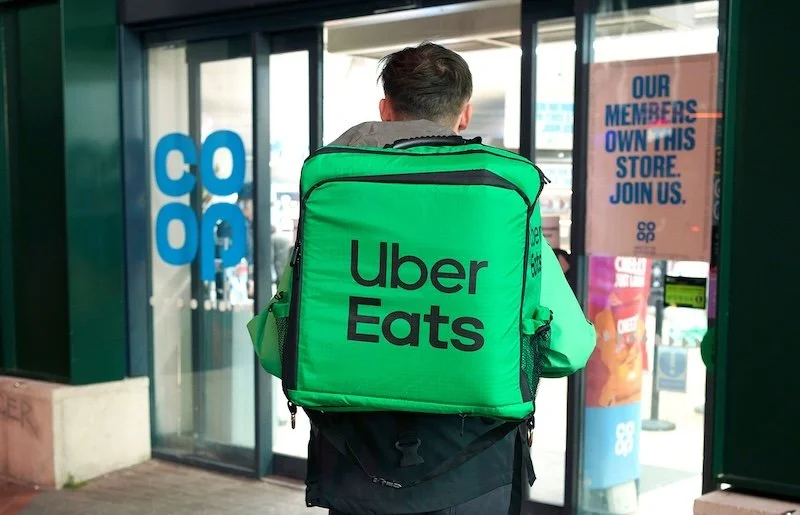


Continue reading…